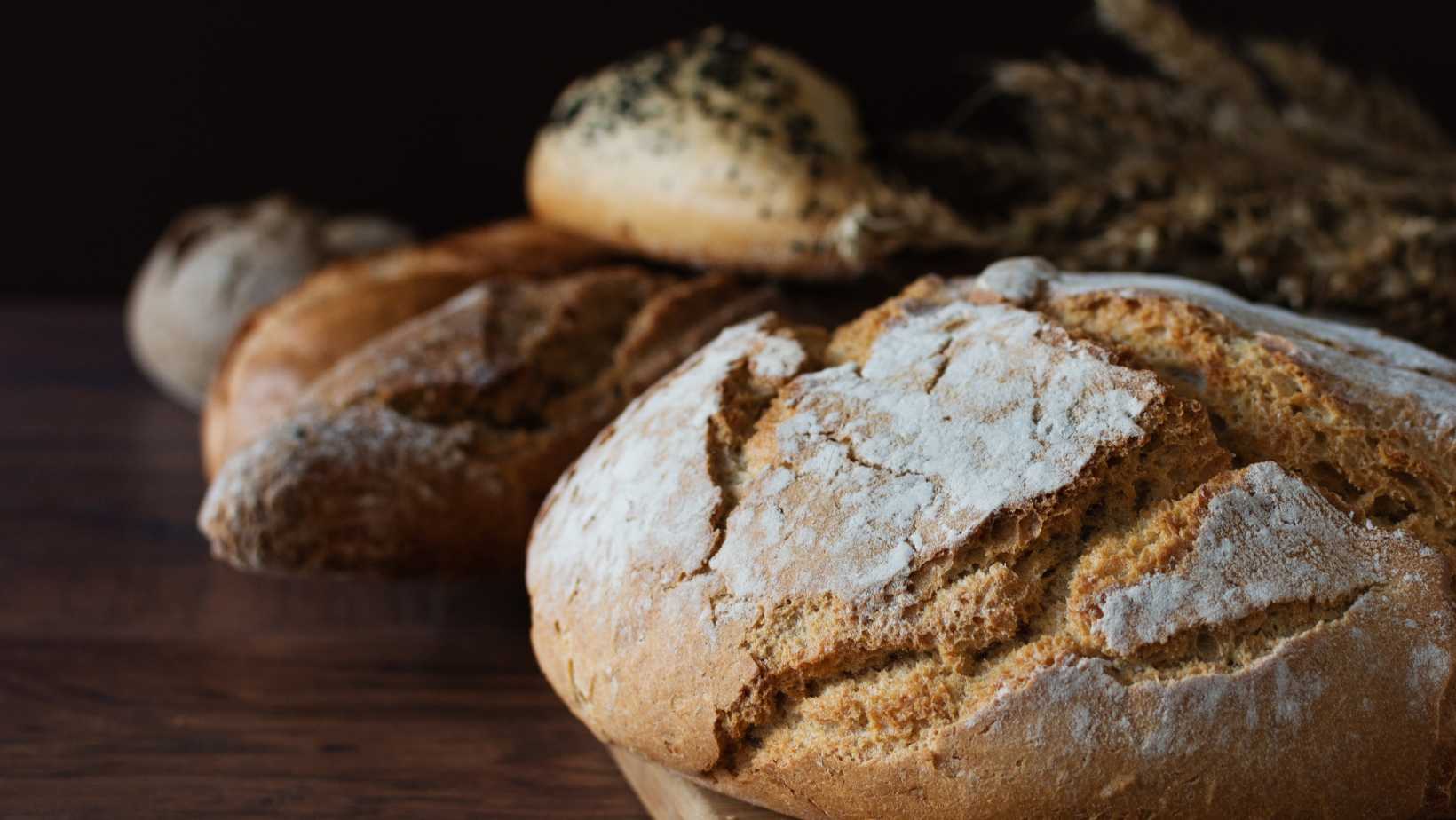As the warmth of summer begins to give way to the first whispers of autumn, communities across the world prepare to celebrate Lammas Day on August 1. This ancient festival, rich in history and tradition, marks the beginning of the harvest season and serves as a poignant reminder of our connection to the land and the cycles of nature.
The Origins and Meaning of Lammas
Lammas Day, also known as Loaf Mass Day, has its roots in both Christian and pre-Christian traditions. The name “Lammas” is derived from the Old English “hlafmaesse,” which translates to “loaf mass.” This name reflects the central role that bread plays in the celebrations:
- Traditionally, a loaf made from the first wheat harvest was brought to church to be blessed.
- This blessed bread symbolized the first fruits of the harvest and the community’s gratitude for nature’s bounty.
- In pagan traditions, this day is often called Lughnasadh, celebrating the god Lugh and the first harvest.
The festival’s dual nature – Christian and pagan – highlights how deeply ingrained harvest celebrations are in human culture, transcending specific religious boundaries.
Historical Celebrations and Traditions
Lammas Day celebrations have evolved significantly over the centuries, reflecting changing societal norms and beliefs:
- In medieval times, tenants were often required to present freshly harvested wheat to their landlords on August 1.
- Communities would engage in friendly competitions, building towers and attempting to knock down those of rival groups.
- In Scotland, the curious tradition of the Burryman involved a man covered in burrs parading through town, believed to bring good luck.
- By the 20th century, Lammas fairs became popular, featuring market stalls, food, and drinks.
One particularly intriguing tradition was the Lammas fair in Kirkwall, Orkney, where couples could enter into year-long trial marriages, deciding after the next year’s fair whether to commit permanently or part ways.
The Significance of Lammas in Modern Times
While the agricultural significance of Lammas may have diminished in our industrialized world, the day still holds importance for many:
- It serves as a reminder of our dependence on the Earth’s cycles and the importance of sustainable agriculture.
- For spiritually-minded individuals, it’s a time to express gratitude for nature’s abundance.
- The day offers an opportunity to connect with ancient traditions and cultural heritage.
- It promotes community bonding through shared celebrations and feasts.
- Lammas encourages reflection on personal growth and the “harvests” in our own lives.
Celebrating Lammas Day in the Modern World
There are many ways to honor the spirit of Lammas Day in contemporary settings:
1. Bake Bread
Keep the tradition alive by baking your own loaf of bread. Share it with friends and family as a symbol of abundance and community.
2. Host a Harvest Feast
Gather loved ones for a meal featuring seasonal, locally-grown produce. This celebrates the harvest while supporting local agriculture.
3. Craft Corn Dollies
Create traditional corn dollies, woven figures made from the last sheaf of the harvest, believed to bring good luck.
4. Visit a Local Farm or Farmer’s Market
Connect with local food producers and gain appreciation for the work that goes into bringing food from field to table.
5. Practice Gratitude
Take time to reflect on and express thankfulness for the abundance in your life, whether material or spiritual.
Lammas Day Around the World
While Lammas Day has its roots in British and Irish traditions, similar harvest festivals are celebrated globally:
- In the United States, many Neopagan and Wiccan communities celebrate Lughnasadh.
- The Chinese Mid-Autumn Festival, though later in the year, shares similar themes of harvest and gratitude.
- In India, various harvest festivals like Pongal and Baisakhi reflect similar agricultural and spiritual significance.
Conclusion
Lammas Day stands as a testament to the enduring human connection to the rhythms of nature and the importance of community. In our fast-paced, often disconnected modern world, this ancient festival offers a valuable opportunity to pause, reflect, and reconnect – with the earth, with our communities, and with the timeless cycle of growth and harvest.
As we celebrate Lammas Day on August 1, 2024, let’s take a moment to appreciate the bounty around us, express gratitude for the “harvests” in our lives, and perhaps even bake a loaf of bread to share with those we love. In doing so, we keep alive a tradition that has nourished body and soul for countless generations.
